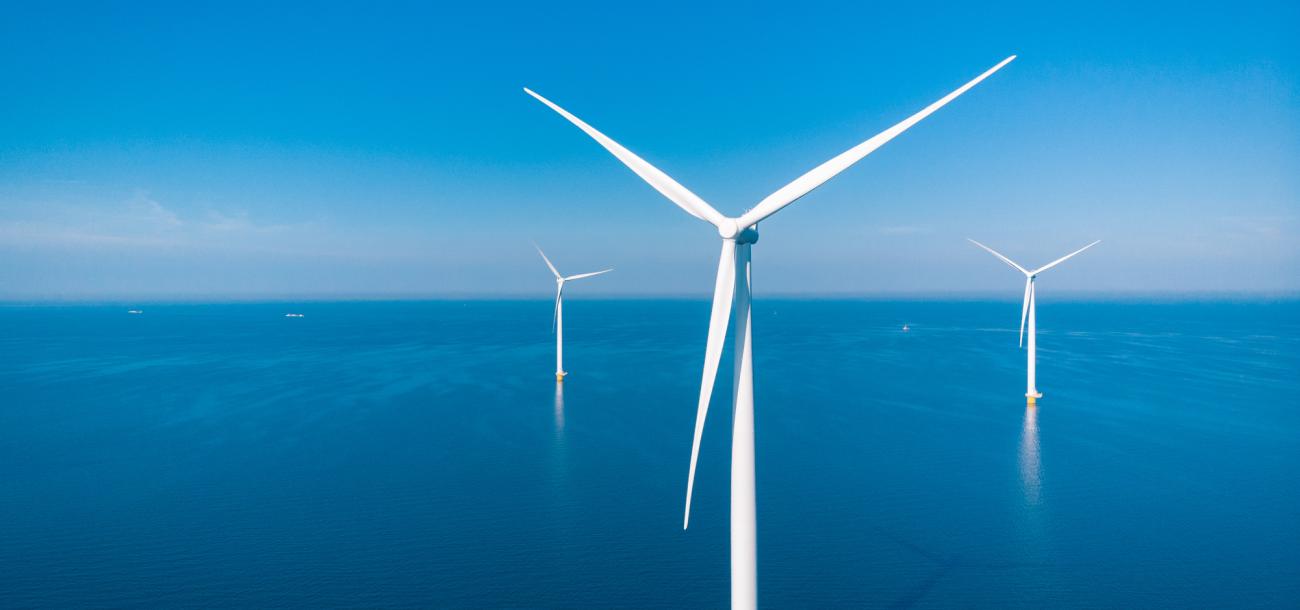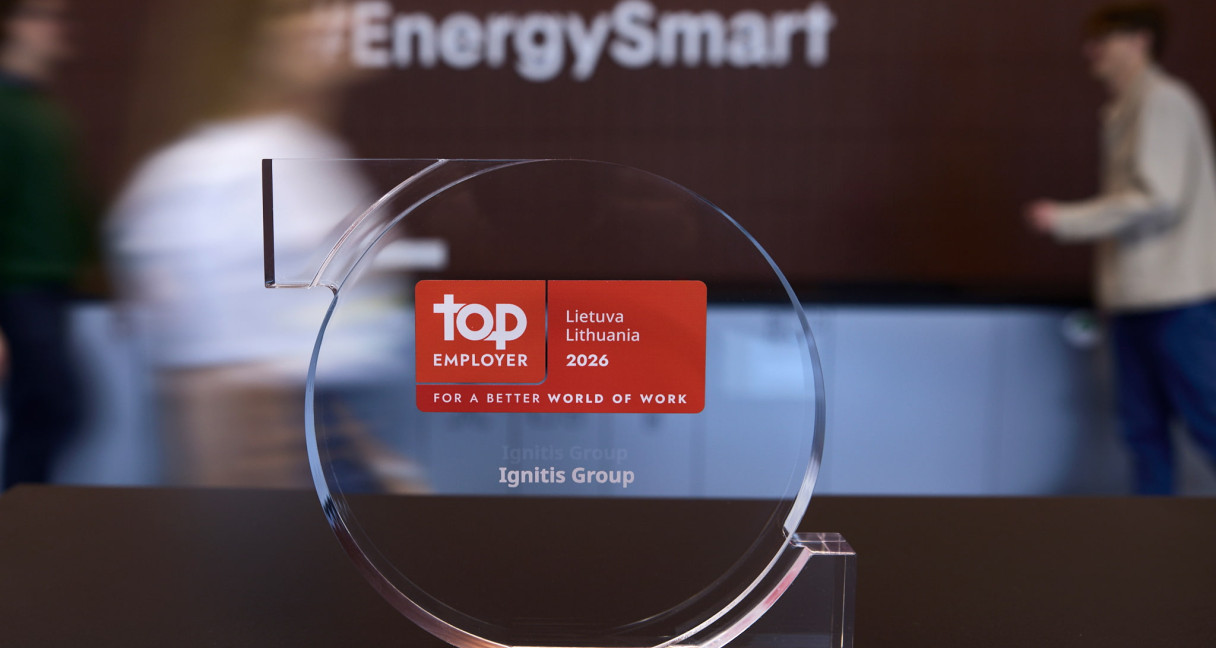Ignitis Renewables and Copenhagen Infrastructure Partners win Estonia’s first offshore wind tender
International green energy company Ignitis Renewables and Copenhagen Infrastructure Partners (CIP) through its Growth Markets Fund II are the winners of the auction-based competitive tender for development of an offshore wind farm in the Liivi 2 sea area in Estonia, having placed the highest bid in the amount of EUR 1.7 million.
The maritime area for the offshore wind farm is located northwest of Ruhnu Island, near Estonia’s Baltic Sea coast covering approximately 115 square kilometres, with a total capacity of up to 1.4 gigawatts (GW) expected to become operational post 2030.
“This is the second offshore wind tender secured by the Ignitis Renewables in the Baltic States. By winning, Ignitis Group achieves its strategic goal of securing a second offshore wind development project in our home market, which is a substantial step towards our overall objective to achieve 4–5 GW of installed green and flexible capacities by 2030”, said Darius Maikštėnas, CEO of Ignitis Group.
He highlighted that this achievement marks yet another significant milestone in the Baltic region's energy transition. It supports the goals of decarbonization and enhances energy security by advancing the use of offshore wind.
“With today's announcement, we are taking an important step in expanding our presence in the Baltic states, a core market of CIP's Growth Market Funds. We believe this project could be a cornerstone investment in Estonia's transformation into a sustainable, long-term European green energy hub”, said Ole Kjems Sørensen, Partner in CIP and Head of the Growth Markets Funds.
This year Ignitis Renewables and CIP have signed an agreement to collaborate exclusively on offshore wind opportunities in Estonia and Latvia. The partnership leverages Ignitis Renewables’ leading market position in the Baltic region and CIP’s global offshore wind expertise. Ignitis Renewables and CIP aim to become active and long-term partners for the energy transition in the Baltic region, supporting Baltic states’ decarbonization targets and energy security ambitions through the deployment of offshore wind.





